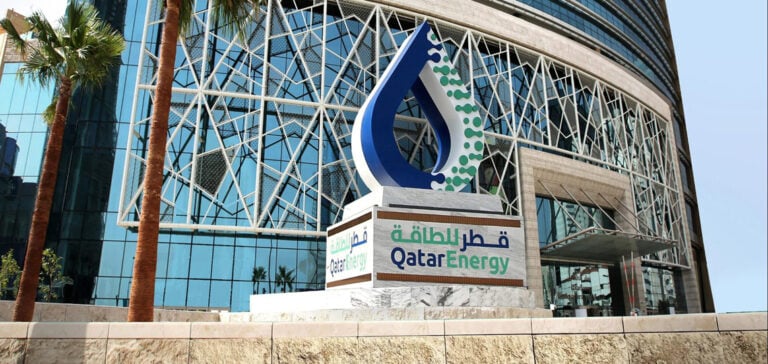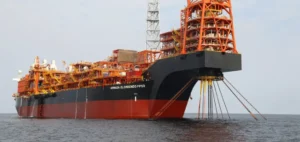Global LNG leader QatarEnergy has launched work on an ambitious project to increase liquefied natural gas production from the world’s largest gas field, the North Field. This strategic initiative aims to strengthen Qatar’s position as the undisputed world leader in the LNG industry. The inauguration ceremony was presided over by the Emir of Qatar, Sheikh Tamim ben Hamad Al-Thani, at the North Field Expansion project site in Ras Laffan, 80 kilometers north of Doha.
The Emir stressed the crucial importance of this project for the nation, saying it was an integral part of Qatar’s strategy to consolidate its leading position in global liquefied natural gas production. The Minister of Energy, Saad Al-Kaabi, went further, calling the expansion a “quantum leap” for the country’s energy sector. By 2027, Qatar plans to increase its LNG production by over 60%, reaching an impressive 126 million tonnes per year. Additional production is scheduled to start in 2026.
An essential project for Qatar’s energy strategy
This expansion of the North Field is of particular importance at a time when the world is facing many geopolitical fluctuations. Minister Al-Kaabi stressed that this would contribute significantly to diversifying the energy mix, a crucial measure in the current context.
The Asian market as a demand driver
Qatar is well aware that Asian markets, in particular China, Japan and South Korea, are essential for its liquefied natural gas. Moreover, since the start of Russia’s invasion of Ukraine, European countries have shown increasing interest in Qatari LNG. Patrick Pouyanné, CEO of the French TotalEnergies group, stressed the importance of this expansion for the booming European market, saying it would relieve growing demand in Europe.
TotalEnergies has already established a strong partnership with QatarEnergy, investing heavily in the expansion phases of the gas field. In September 2022, Total signed a $1.5 billion agreement to acquire a 9.3% interest in the North Field South project, the second phase of the gas field expansion. In June of the same year, Total became the first partner in the first expansion phase, North Field East, investing over $2 billion for a 25% share.
Supply agreement with Bangladesh strengthens Qatar’s presence on the international stage
Qatar also signed a 15-year LNG supply agreement with Bangladesh in June. This agreement provides for the supply of 1.5 million tonnes of LNG per year from January 2026. This decision further strengthens Qatar’s position as a major player in the global LNG market.
It is important to note that Qatar ranks among the world’s leading LNG producers, alongside the USA, Australia and Russia. The North Field, the world’s largest, holds around 10% of the planet’s known natural gas reserves, making it a crucial resource for meeting the world’s growing energy demand.
A significant impact on the global LNG market
QatarEnergy’s expansion of the North Field is a major development that will have a significant impact on the global LNG market. It will enable Qatar to consolidate its position as a world leader in the industry and meet the growing demand for liquefied natural gas, particularly in Europe and Asia.
Qatar’s energy future
In conclusion, QatarEnergy’s expansion of the North Field gas field is of paramount importance both financially and in terms of energy. It will enable Qatar to maintain and strengthen its position as world leader in the liquefied natural gas industry, with positive repercussions for the country’s economy. What’s more, against a backdrop of geopolitical fluctuations and growing demand for LNG, this expansion will help ensure a stable supply on the global energy market. For European and Asian markets, this initiative means a more reliable source of supply, which is essential to meet their growing energy needs. In short, the expansion of the North Field represents a major step forward in the global energy industry and confirms Qatar’s position as a key player on the international energy scene.





















